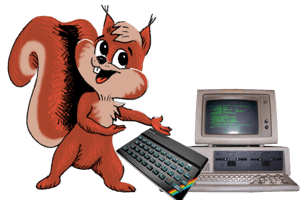Dylan is a functional, object-oriented, dynamic programming language with four goals: high performance, rapid prototyping, ease of use, and seamless support for libraries coded in C.
It is an interesting hybrid system. Linguistically, and syntactically it is rather C-like. At its base, it is very functional and Lisp-like, using Lisp functional aspects and compiler technology, but with no Symbolic EXPressions (SEXP, S-exp), or ability to manipulate programs as lists. Everything is an object, so it is a pure object-oriented language. It has many other interesting, useful traits.
More information
More information
Related categories 9
Sites 4
Growing article, with links to many related topics. [Wikipedia]
A Hello World program using the old Lisp like Dylan syntax. Dylan now uses a Pascal/C like syntax so it makes an interesting historical example.
A full-featured implementation of the Dylan language with a powerful IDE and a command-line compiler. The compiler is currently available for Windows, Linux, and Mac OS X (x86 and PPC). The IDE only works on Windows until the GTK backend for DUIM is finished. It's formally known as Functional Developer and as Harlequin Dylan.
Contains links to information, vendors, books, and articles about Dylan.
A full-featured implementation of the Dylan language with a powerful IDE and a command-line compiler. The compiler is currently available for Windows, Linux, and Mac OS X (x86 and PPC). The IDE only works on Windows until the GTK backend for DUIM is finished. It's formally known as Functional Developer and as Harlequin Dylan.
Growing article, with links to many related topics. [Wikipedia]
Contains links to information, vendors, books, and articles about Dylan.
A Hello World program using the old Lisp like Dylan syntax. Dylan now uses a Pascal/C like syntax so it makes an interesting historical example.
